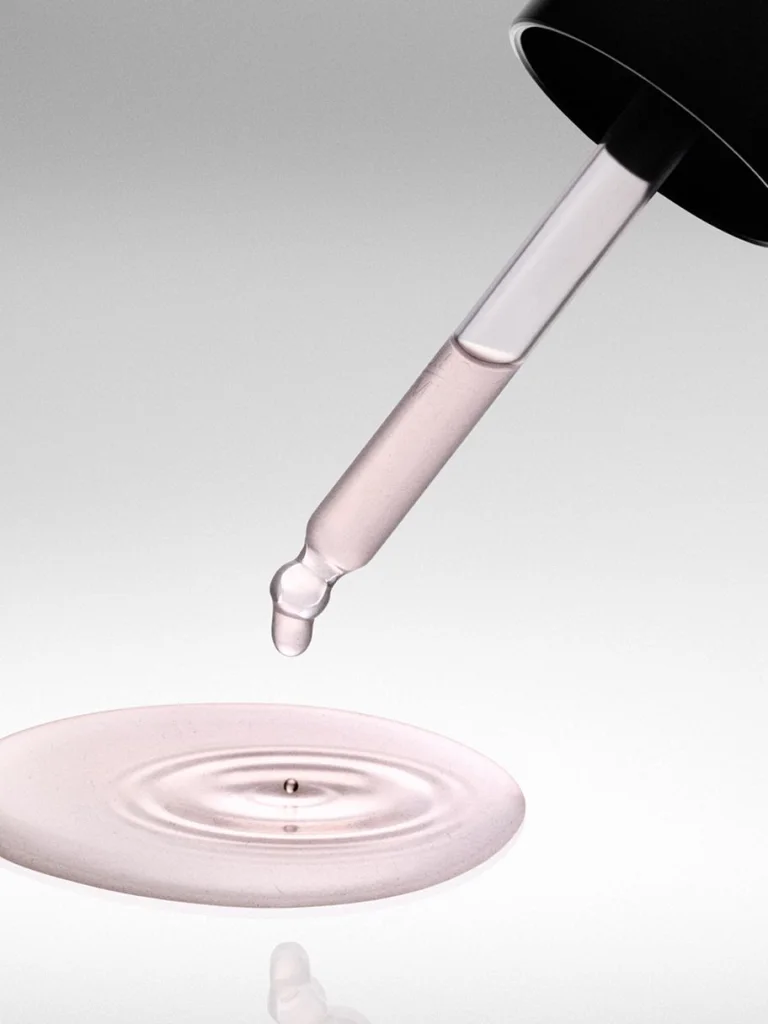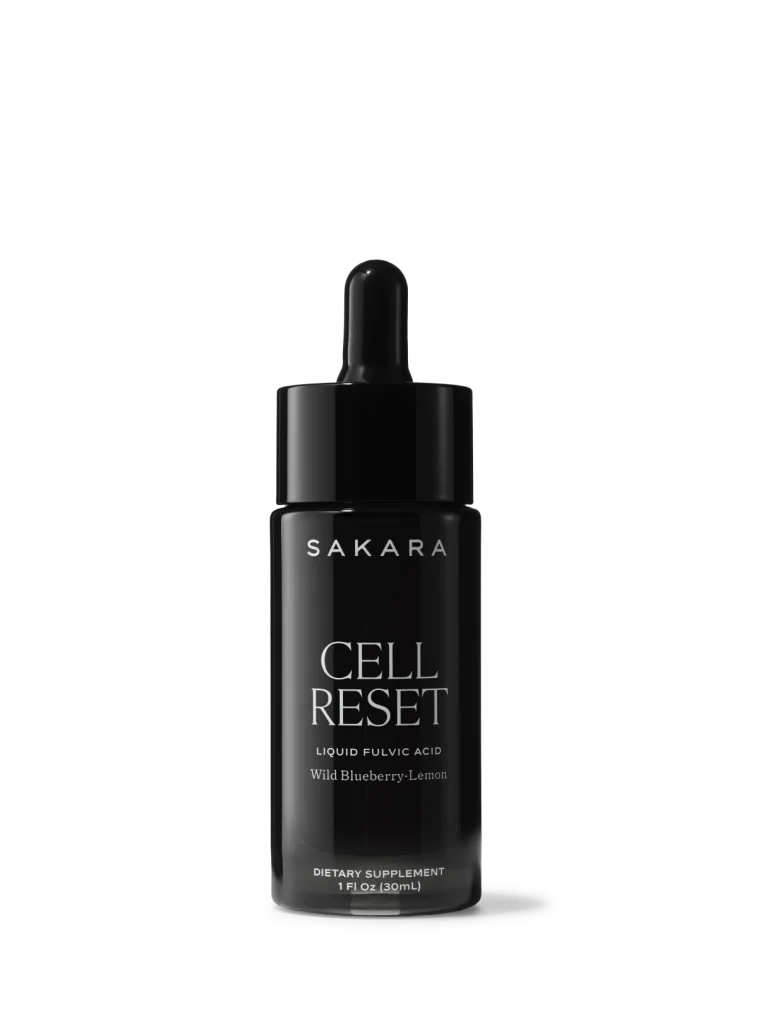WELL-BEING
Coffee Routine to Support Hormones/Cortisol
Don’t let the fear of cortisol spikes and energy crashes keep you from enjoying your morning coffee. All the details inside.

Step 1: Wake Up, Naturally
- Time: 6:00-7:30 AM (depending on your sleep schedule/cycle)
- Why: When you wake up, your body naturally releases cortisol, a hormone that boosts energy and alertness. If you add coffee too early, it can overstimulate your system and lead to energy crashes later on.
- Give your body time to do what it’s designed to do—wake up on it’s own.
Step 2: Get Sunlight + Hydrate
- Time: Within 15-30 minutes of waking
- Why: Morning light resets your internal clock and supports natural hormone rhythms. Hydrating first thing replenishes fluids lost overnight and helps you feel more alert (without the need for caffeine).
- Add a pinch of sea salt or electrolytes for bonus balance.
Step 3: Eat a Protein-Rich Breakfast
- Time: 30-60 minutes after waking
- Why: Eating before your coffee can help stabilize blood sugar and avoid the caffeine jitters. Protein-rich breakfasts (like eggs, Greek yogurt, or a tofu scramble) support steady energy and curb cravings.
Step 4: Sip Your Coffee–With Intention
- Time: ~60-90 minutes after waking, ideally between 8:00-9:30 AM (depending on what time you woke up)
- Why: By this point, your cortisol peak has naturally passed, and your coffee can give you a clean, focused lift. You’ll feel more energized instead of wired.
- Keep it simple: black, or with a swirl of fortified nut milk or MCT oil.
Step 5: Keep It Morning-Only
- Time: Before 12:00 PM
- Why: Caffeine later in the day can disrupt your sleep and throw off your natural rhythm. Limiting coffee to the morning helps you stay energized and sleep better.
References
- Bowles NP, Thosar SS, Butler MP, et al. The circadian rhythm modulates the cortisol awakening response in humans. Front Neurosci. 2022;16:995452. https://pubmed.ncbi.nlm.nih.gov/36408390/
- Benson SM, Unice KM, Glynn ME. Hourly and daily intake patterns among U.S. caffeinated beverage consumers based on the National Health and Nutrition Examination Survey (NHANES, 2013-2016). Food Chem Toxicol. 2019;125:271-278. https://pubmed.ncbi.nlm.nih.gov/30602125/
- Emadi RC, Kamangar F. Coffee’s impact on health and well-being. Nutrients. 2025;17(15):2558. https://pubmed.ncbi.nlm.nih.gov/40806142/
- Van Dam RM, Hu FB, Willett WC. Coffee, caffeine, and health. N Engl J Med. 2020;383(4):369-378. https://pubmed.ncbi.nlm.nih.gov/32706535/
- Sato T, Sato S. Circadian regulation of metabolism: commitment to health and diseases. Endocrinology. 2023;164(7):bqad086. https://pubmed.ncbi.nlm.nih.gov/37253106/
Science-Backed Solutions
Build Your Ritual
*Receive a complimentary Sofie Pavitt Face Omega Rich Moisturizer when you spend $150 or more on supplements. Gift will be automatically added to cart at checkout. While supplies last.

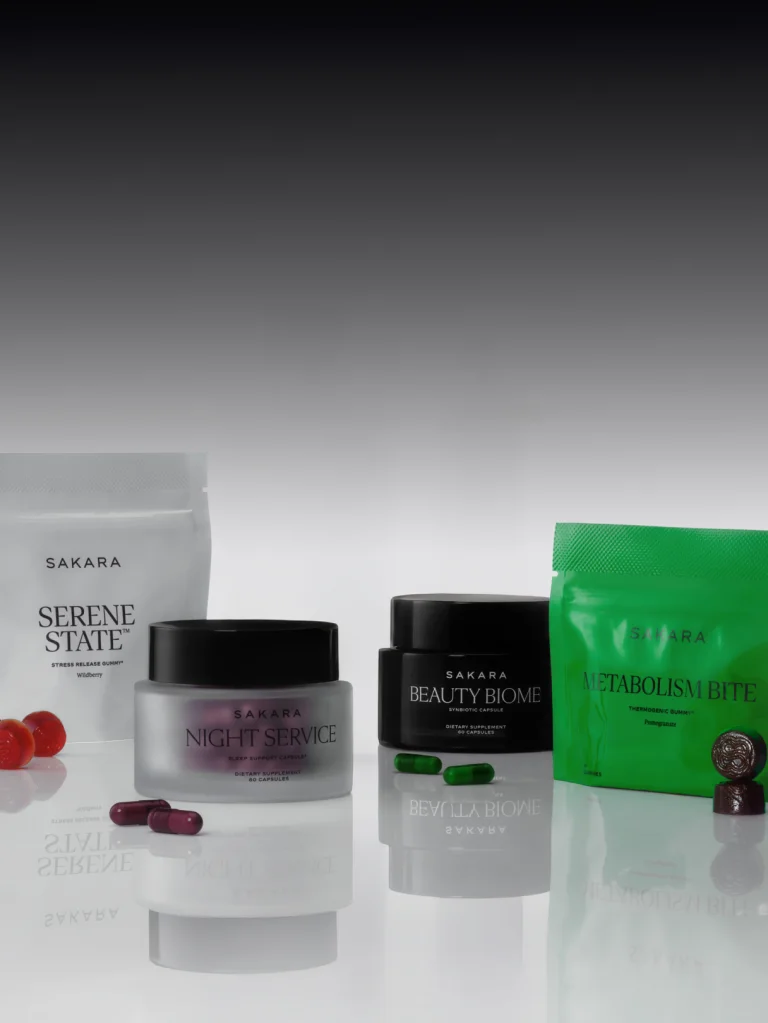
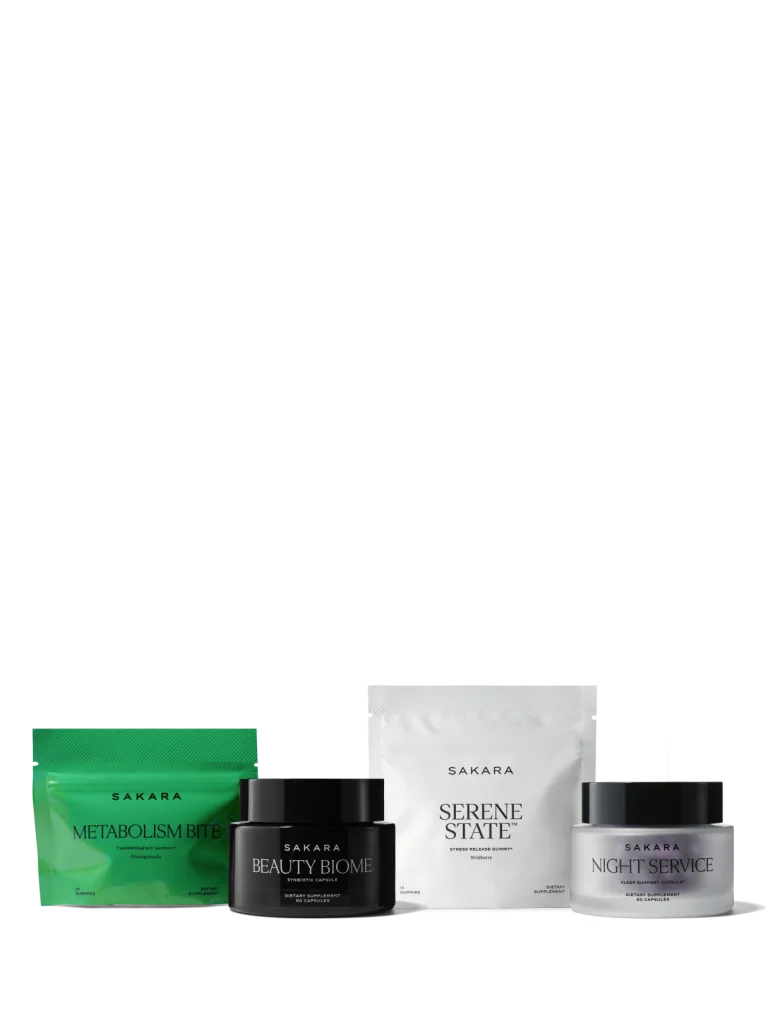

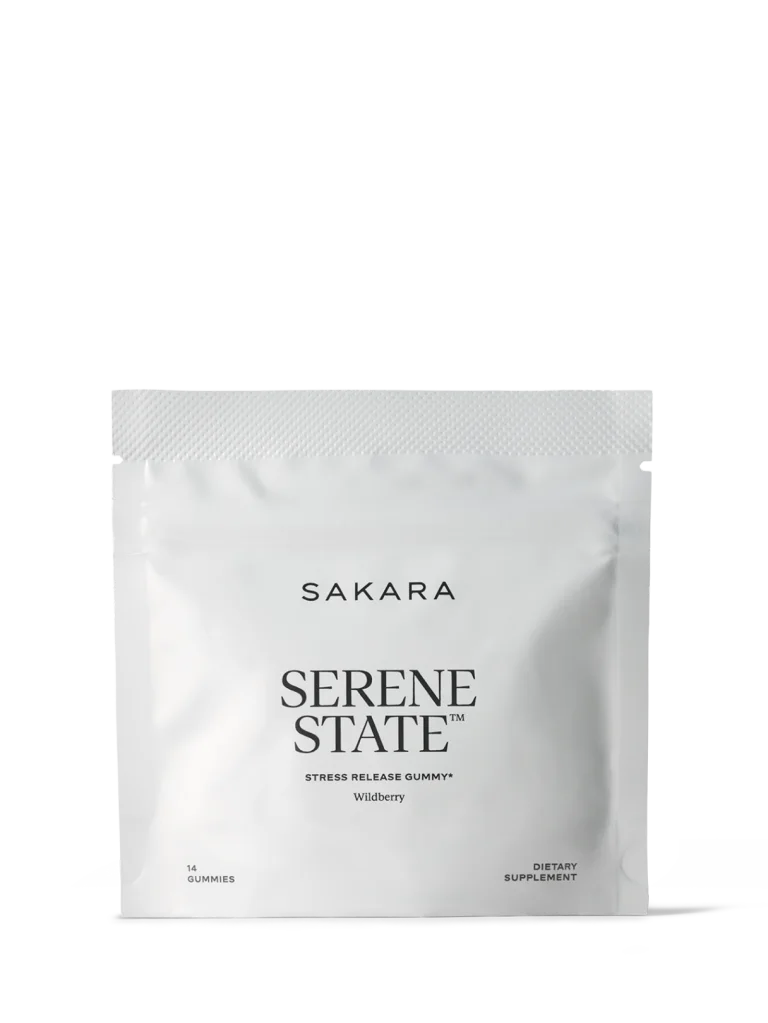
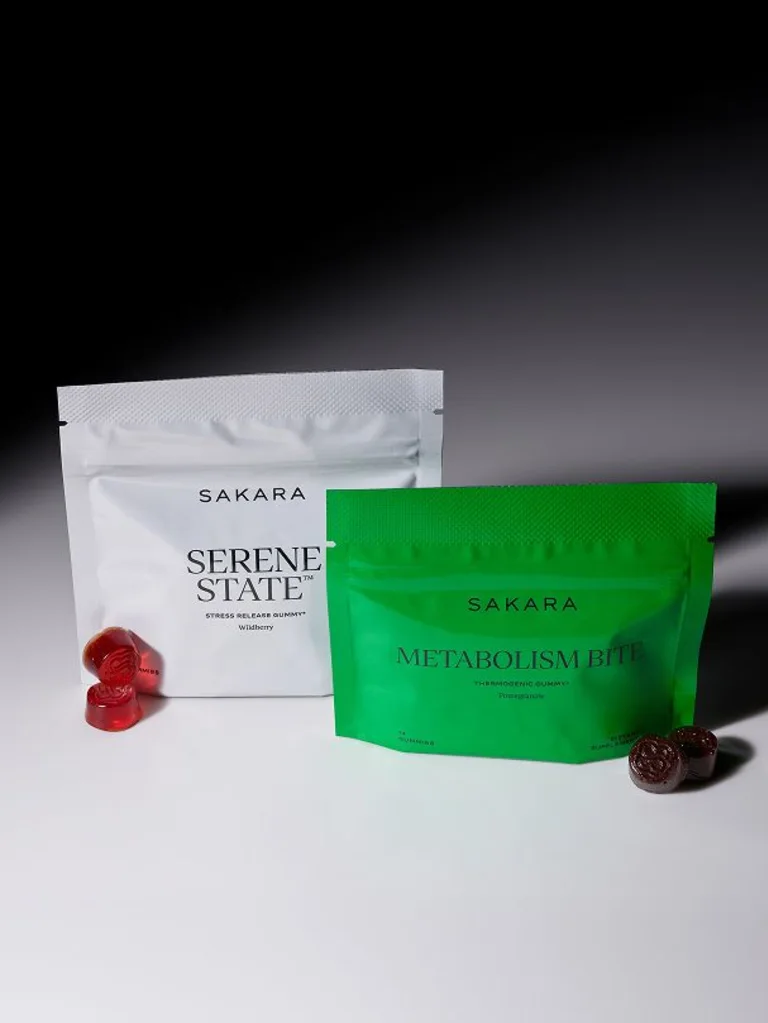
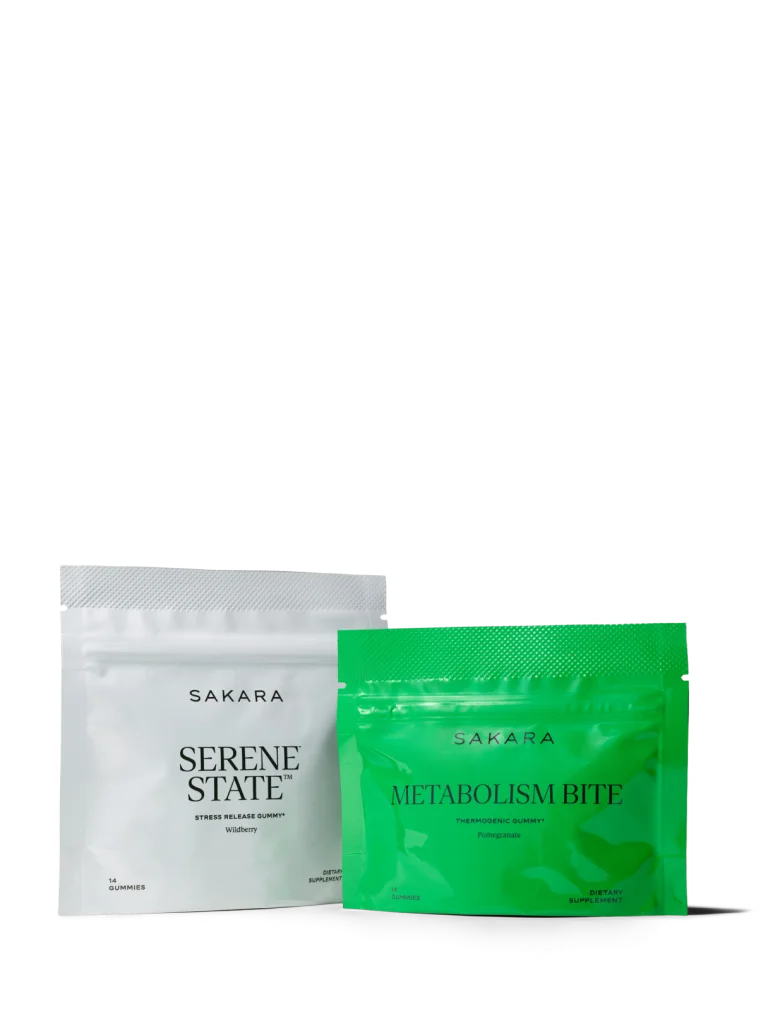

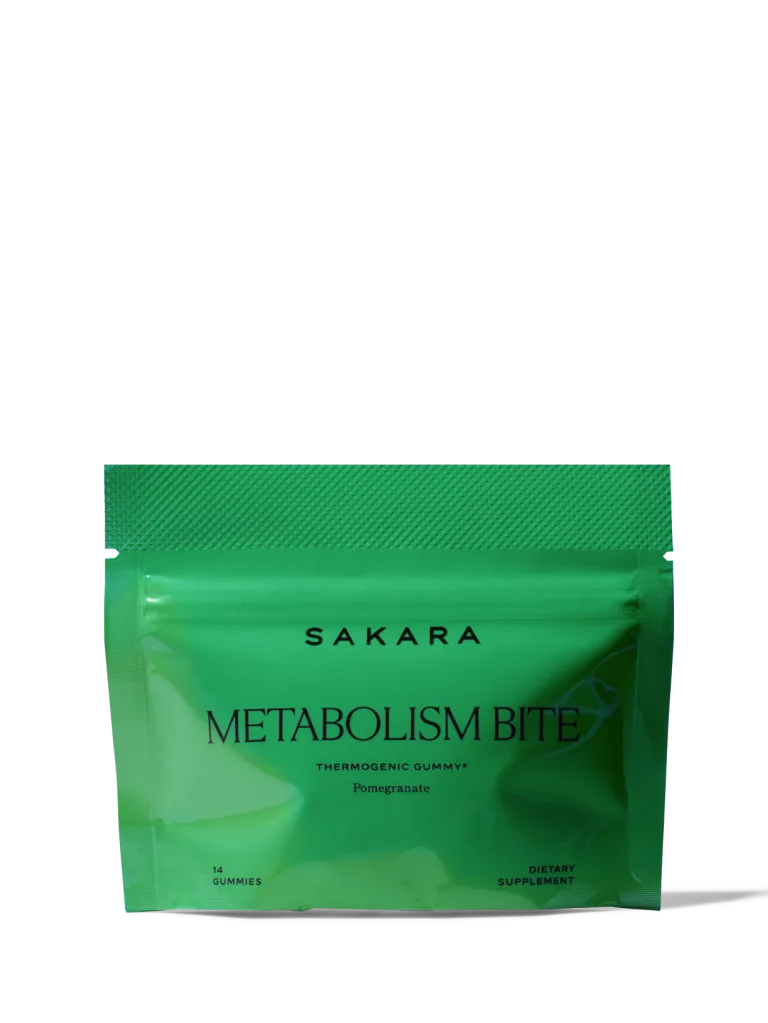
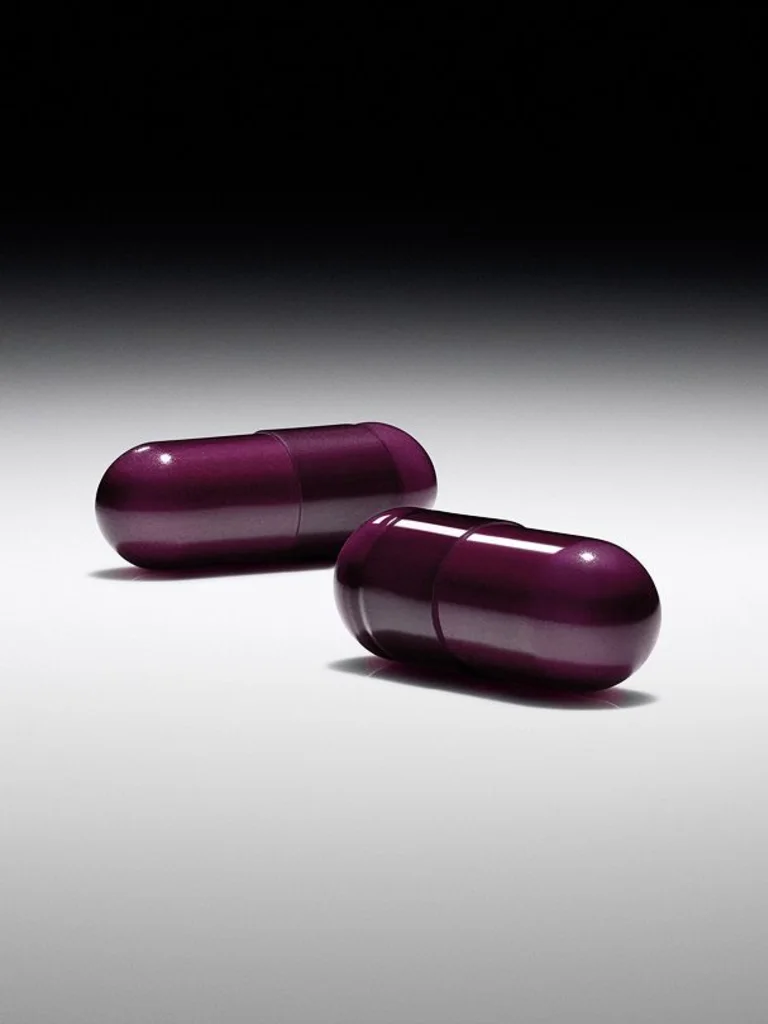
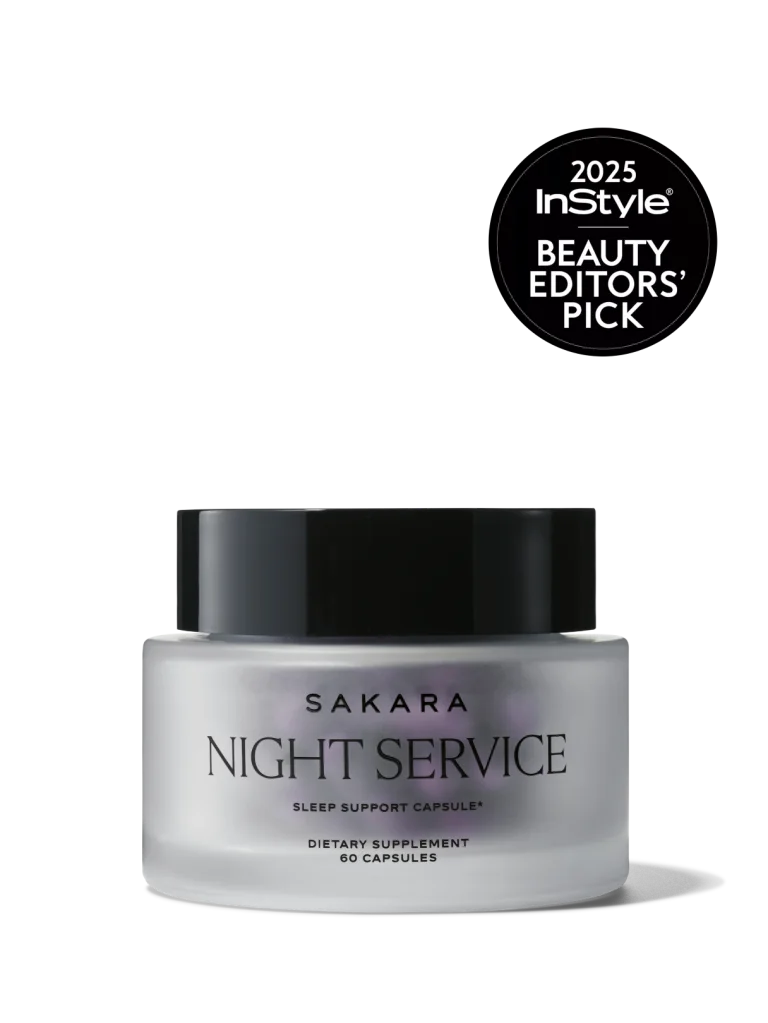
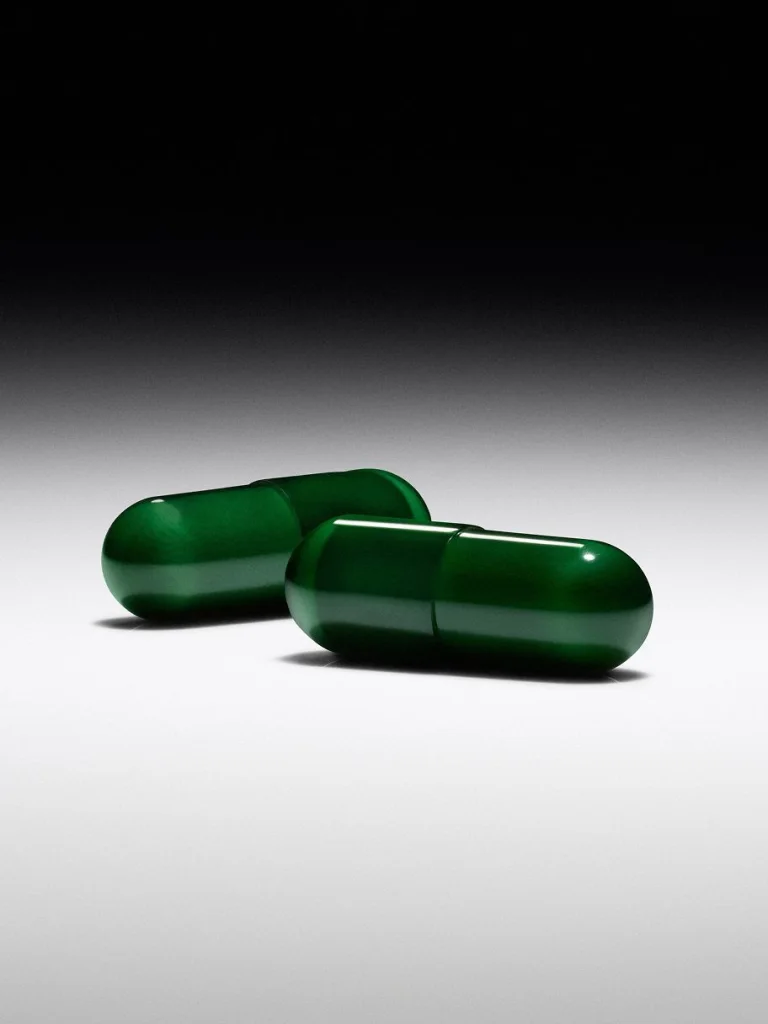
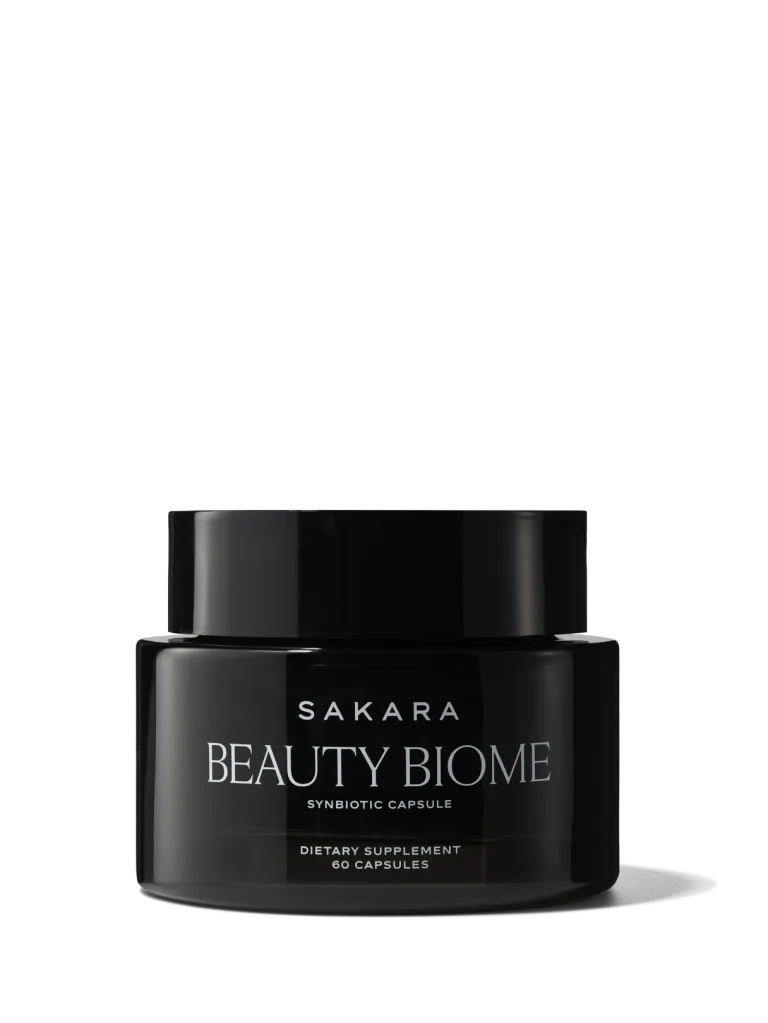


![[Fiber Powder] PLP Hover](/cms-image/desktop/md/1736452865000/4e993ba3-e7d7-45a5-b783-3e9d6b0d370b.webp)
![[Fiber Powder] PLP Hero](/cms-image/desktop/md/1758834655000/f793becd-6474-46c6-bfca-eef9c8d58947.webp)

